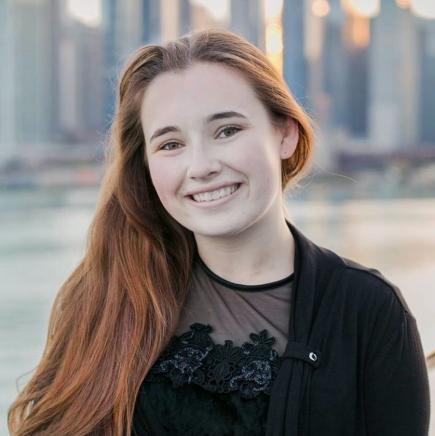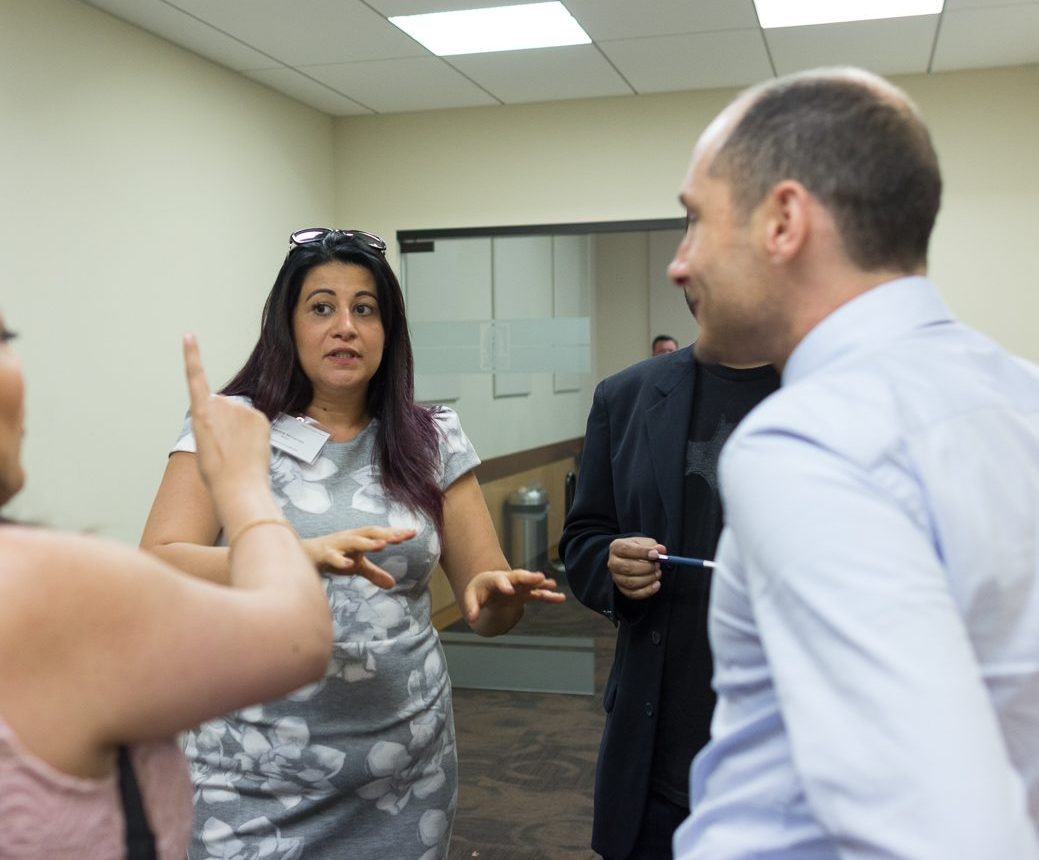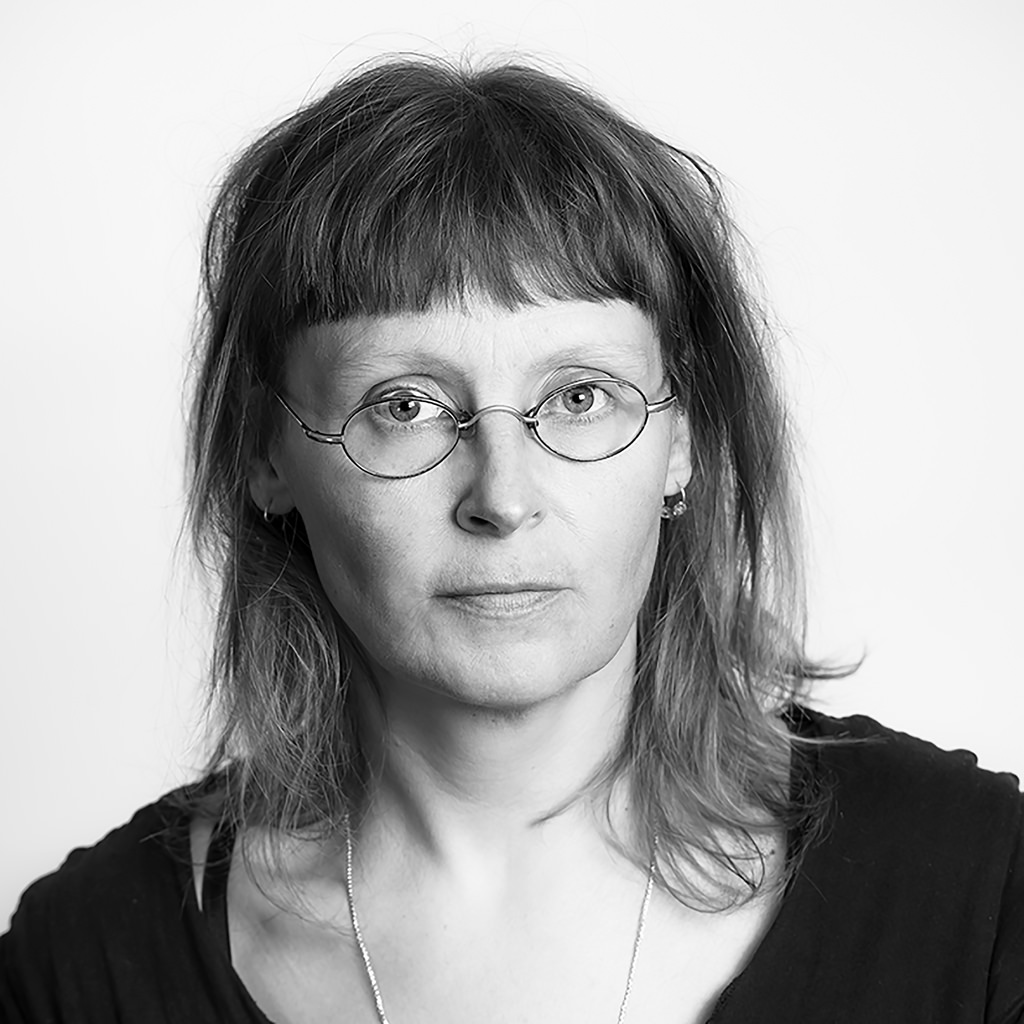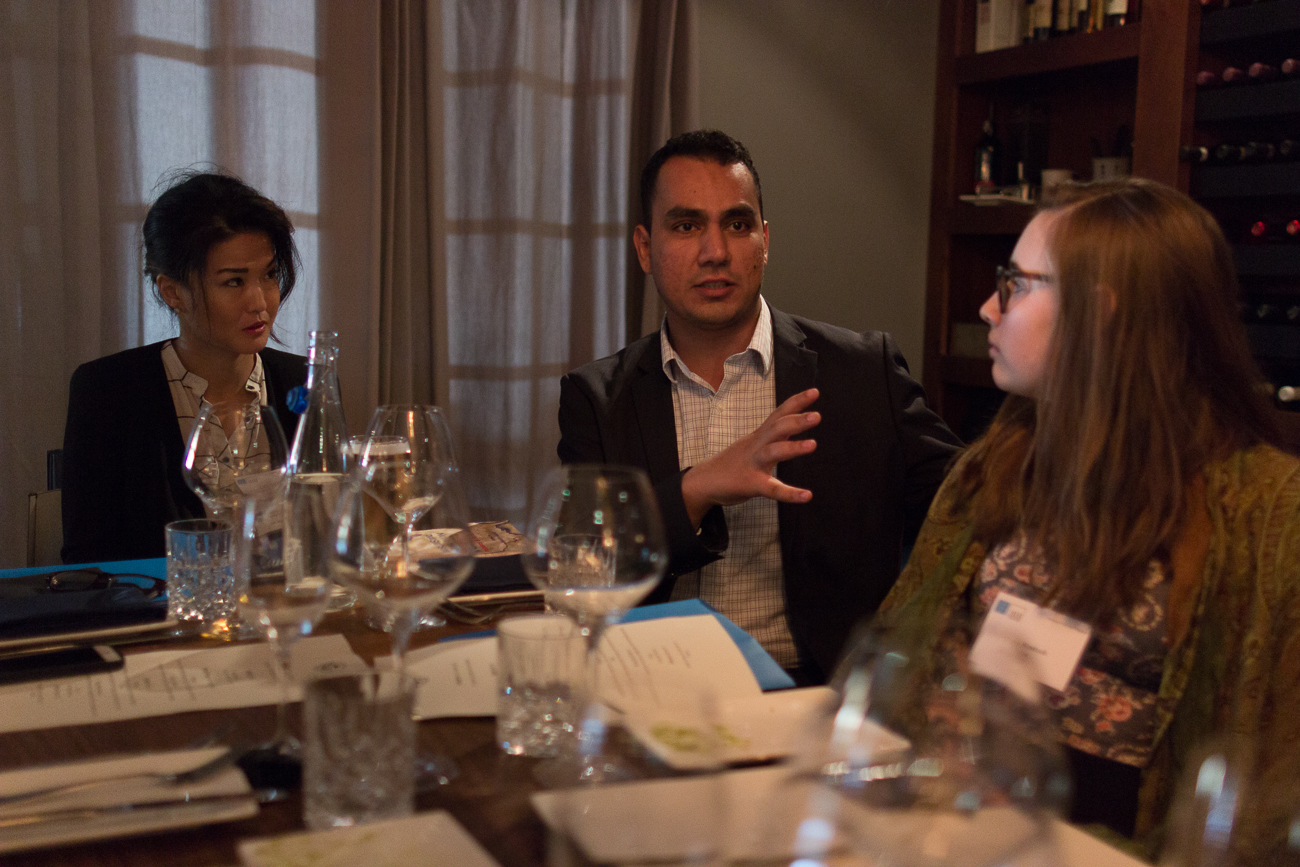AHA Foundation Campus Program Fellow Breaks Silence About FGM at Vassar College

Originally published 2/20/2018
AHA Foundation Campus Program Fellow Breaks Silence About FGM at Vassar College
Grace Roebuck is a sophomore at Vassar College studying Psychology and is a Critical Thinking Fellow (CTF), the AHA Foundation’s Campus Program. The CTF program aims to strengthen liberties for students and promote critical thinking on university campuses across the U.S. Our campus program, with our partner Ideas Beyond Borders, helps student leaders host impartial debates and events designed to engage their fellow students in open-minded enquiry about cultural, religious and policy issues.
Grace has always been fascinated with women’s rights, especially the intersection with human trafficking, honor violence, and female genital mutilation, which inspired her to found an organization at Vassar, The Underground, which raises awareness of and fights against human trafficking. She currently works as Assistant Museum Preparator at the Frances Lehman Loeb Art Center at Vassar. With her Fellowship, she has decided to focus her events primarily on issues that affect women and girls.
AHA Foundation: What inspired you to join the Critical Thinking Fellowship (CTF)?
Grace Roebuck: I was inspired to become a fellow thanks to a woman – Gloria – local to the community where I attend college. She spoke with me about the AHA Foundation’s work fighting female genital mutilation (FGM) and I was hooked. I’ve always had a passion for human rights – especially women’s rights – and when I heard about FGM, it nauseated me to the point where I couldn’t sit back and do nothing.
“When I heard about FGM, it nauseated me to the point where I couldn’t sit back and do nothing.”
AHA Foundation: What was the training for the program like and how did it prepare you for your work as a Fellow?

Forced marriage survivor Yasmine Mohammed engaging with other speakers at the 2017 Campus Program Training
Grace Roebuck: I really enjoyed the CTF training. It was essentially one day of getting to know the speakers and other fellows, one day of speakers and talking about the issues the fellowship focuses on, and a final day of technical work such as writing op-eds, publicity, evaluation, and safety precautions. Not only did they treat the fellows incredibly well, but I found the series of speakers and mingling with the other fellows very eye opening and informational. I also enjoyed the training in more technical skill sets.
The speaker who most impacted me was Yasmine Muhammad: her survival story was truly unique and very impactful. The most useful of the technical skills was the session on publicity. I learned that you can really never have enough when planning an event!
AHA Foundation: When did you first become interested in working to protect the rights of women and girls?
Grace Roebuck: As a female, it’s always been an interest of mine. However, I never really thought about all the different gender-based violence that exist until I came to Vassar – but let’s not forget this violence often extends past women and girls, for example, to members of the LGBTQ+ community.
AHA Foundation: Tell us about an event you planned through your fellowship. What impact did it have on you and your campus?

Photojournalist Elisabeth Ubbe spoke at Vassar about using art to break silence about female genital mutilation
Grace Roebuck: My favorite event through CTF thus far has been organizing Elisabeth Ubbe to come and speak. Not only were her photos incredible, but I also learned a lot about FGM.
We also had a great turnout for this event, and had tons of support from the community as well. Afterwards, we had a dinner with students and talked more in-depth on different women’s issues. This was truly an inspiration for us, and I know many young women (myself included) left changed and a new person. This event also started a dialogue on campus about FGM which didn’t previously exist to the degree it does now.
Many people whom I knew that attended the lecture were very inspired and called to action by Elisabeth Ubbe’s words on FGM. One particular conversation I had with a friend shortly after the lecture was concerning female sexuality and the “strangeness” around vaginas. I’m not sure if this is a result of the event directly, but Vassar seems to be very comfortable with talking about sex and “our vulvas.” In fact, an event just took place, called “Love yourself, exploring your vulva.” Part of the fight to protect women and girls is normalizing talking about our bodies.
AHA Foundation: What has been the most impactful part of being a fellow?
Grace Roebuck: I think the capabilities being a fellow has given me, to hold events which in turn empower women, has been very powerful. Particularly for me, following the Elisabeth Ubbe Lecture, we had a dinner reception where we talked about periods and other female associated things. It was really incredible to get a group of women together to discuss such “taboo” topics.
“Part of the fight to protect women and girls is normalizing talking about our bodies.”
AHA Foundation: Colleges in the U.S. have historically played a critical role in promoting freedom of speech and human rights. How are partisan and ideological divisions in the U.S. affecting students on college campuses?
Grace Roebuck: I’m not sure this is the best question for me to comment on. I will say it is pretty homogeneous at Vassar in terms of political and ideological divisions, but I also think there is a silence on campus that students are afraid to break. Sometimes I feel it’s hard to have a more academic discussion or play devil’s advocate on a given subject because everyone is hyperconscious of everyone else’s feelings, which, to be clear, I don’t view as a bad thing. I think sensitivity and compassion for others is always important, but I think having different viewpoints and dialogue are also essential for change to be made.

CTF Fellow Grace (right), with Campus Program partners Faisal Al Mutar (middle) and Melissa Chen (left), from Ideas Beyond Borders at the 2017 Campus Program Training
It’s easy to lose focus of how oppressive some speech can be, and let’s not forget the psychological consequences of hate speech within mass media. However, I also wonder what would be the psychological ramifications of banning hate speech? Would we engage the population in a partial thought suppression? How would it be regulated? In other ways, I also see free speech as a tool of the people to fight oppressive systems. In his time, the white patriarchy might have once deemed great leaders like Malcolm X or Nelson Mandela guilty of hate speech.
In a perfect world, there would be no need to debate this issue because people would have the common decency to be kind rather than hateful.
AHA Foundation: What do you hope to accomplish through your participation in the program?
Grace Roebuck: With my fellowship, I really hope to gain an acute sense of leadership and event planning capabilities. I also enjoy the networking I get to do with other campus leaders and how much more I’m learning every day about women’s rights. I also hope to accomplish a broader awareness and dialogue on campus about FGM, child marriage, and honor violence – three of the AHA Foundation’s focus areas.
The opinions stated above are those of Grace Roebuck and do not necessarily represent the views of the AHA Foundation.
We are looking for more student leaders at U.S. universities to help start a conversation on their campuses about human rights, and to spur action to protect important freedoms being stifled in the United States and across the globe today. Find more information about the program and how to apply here.
Sign up for our monthly newsletter to be among the first to find out about upcoming discussions and events organized by our Campus program fellows. Follow us on Facebook and Twitter to watch campus events live.

